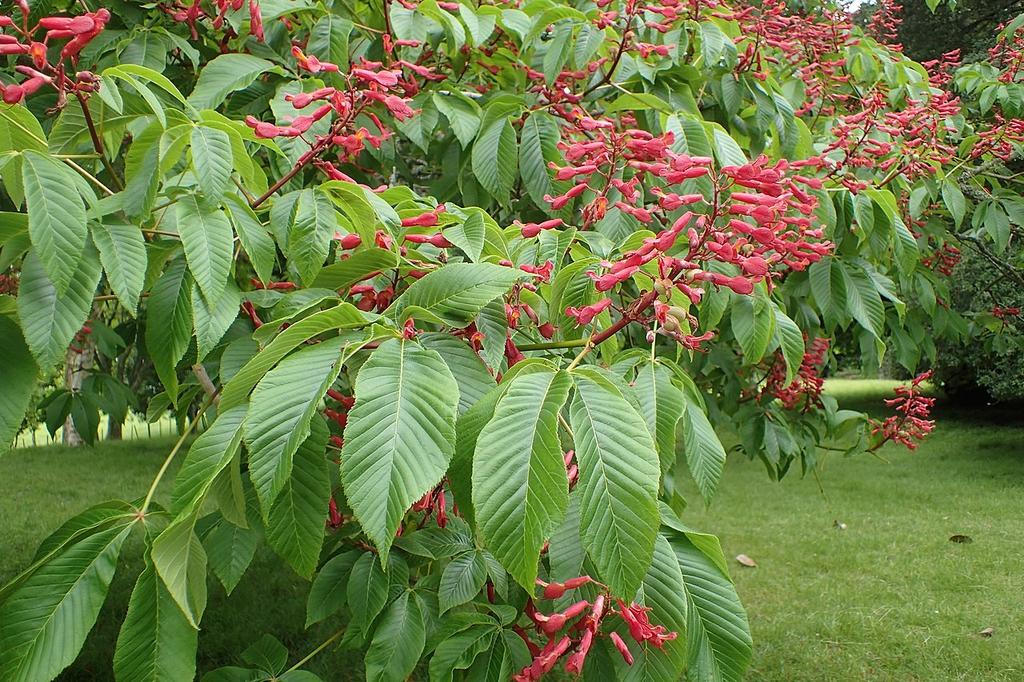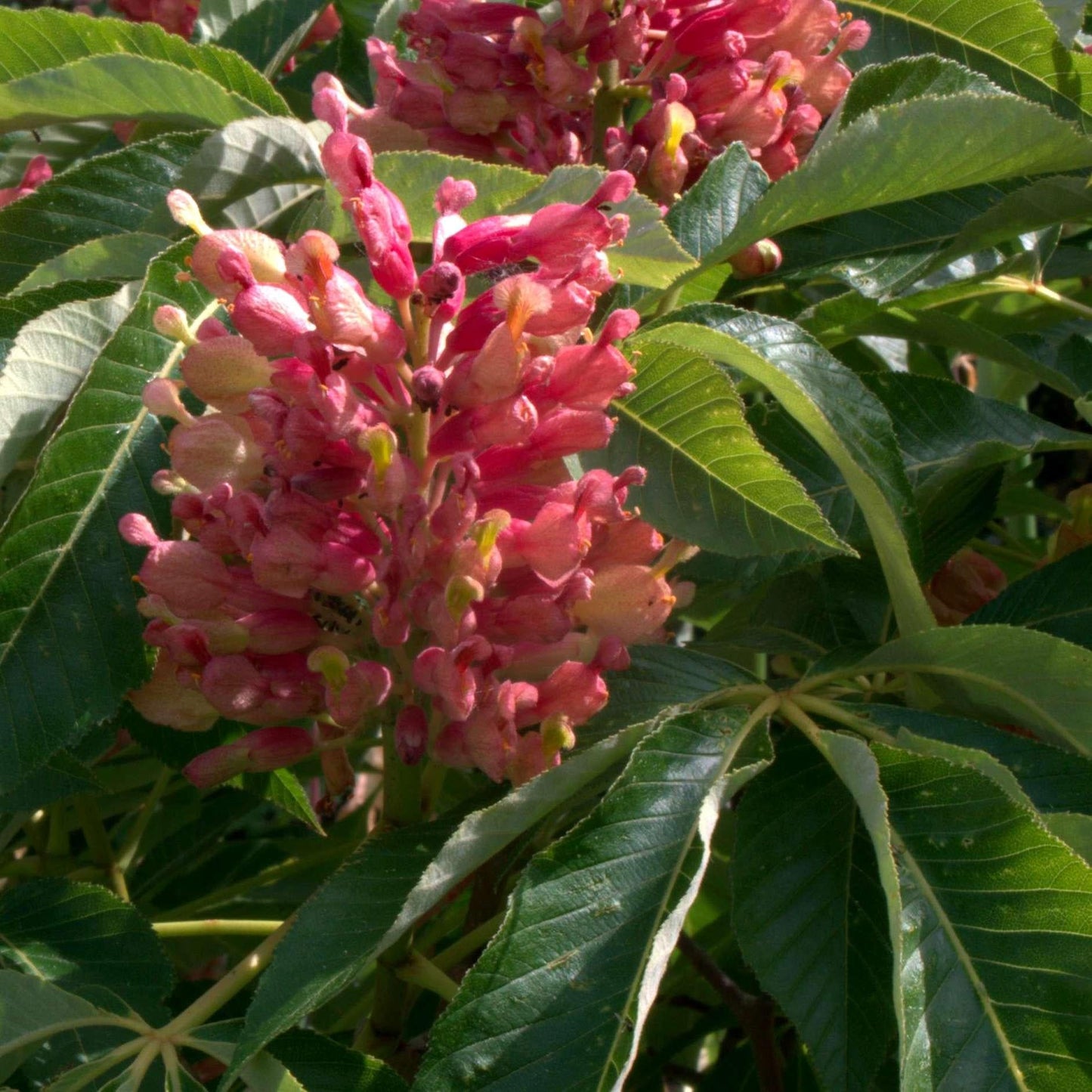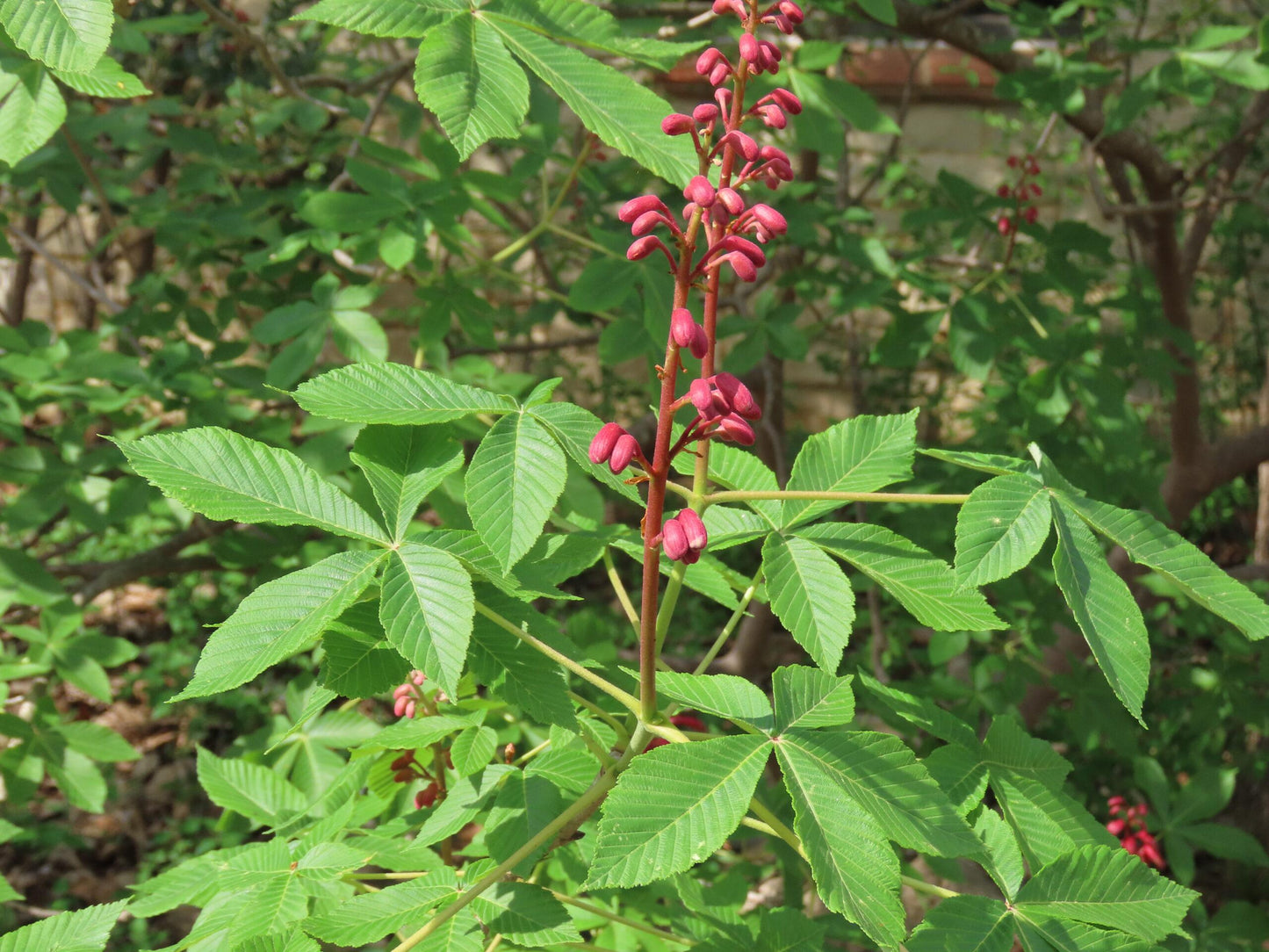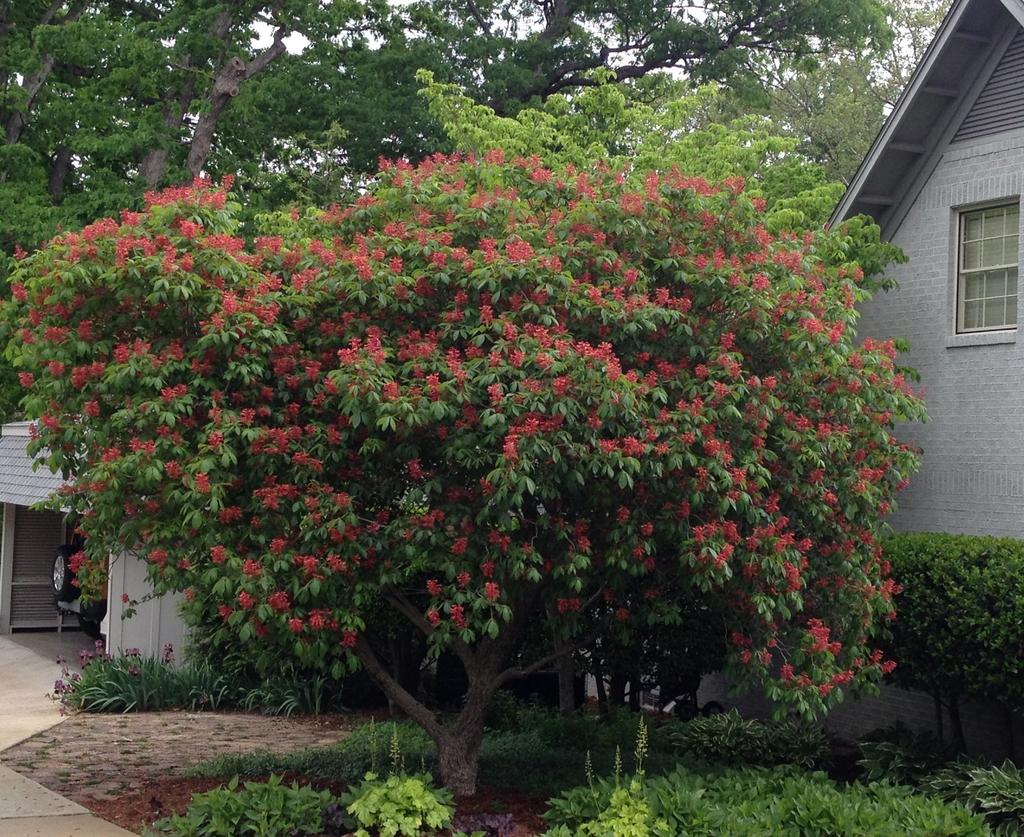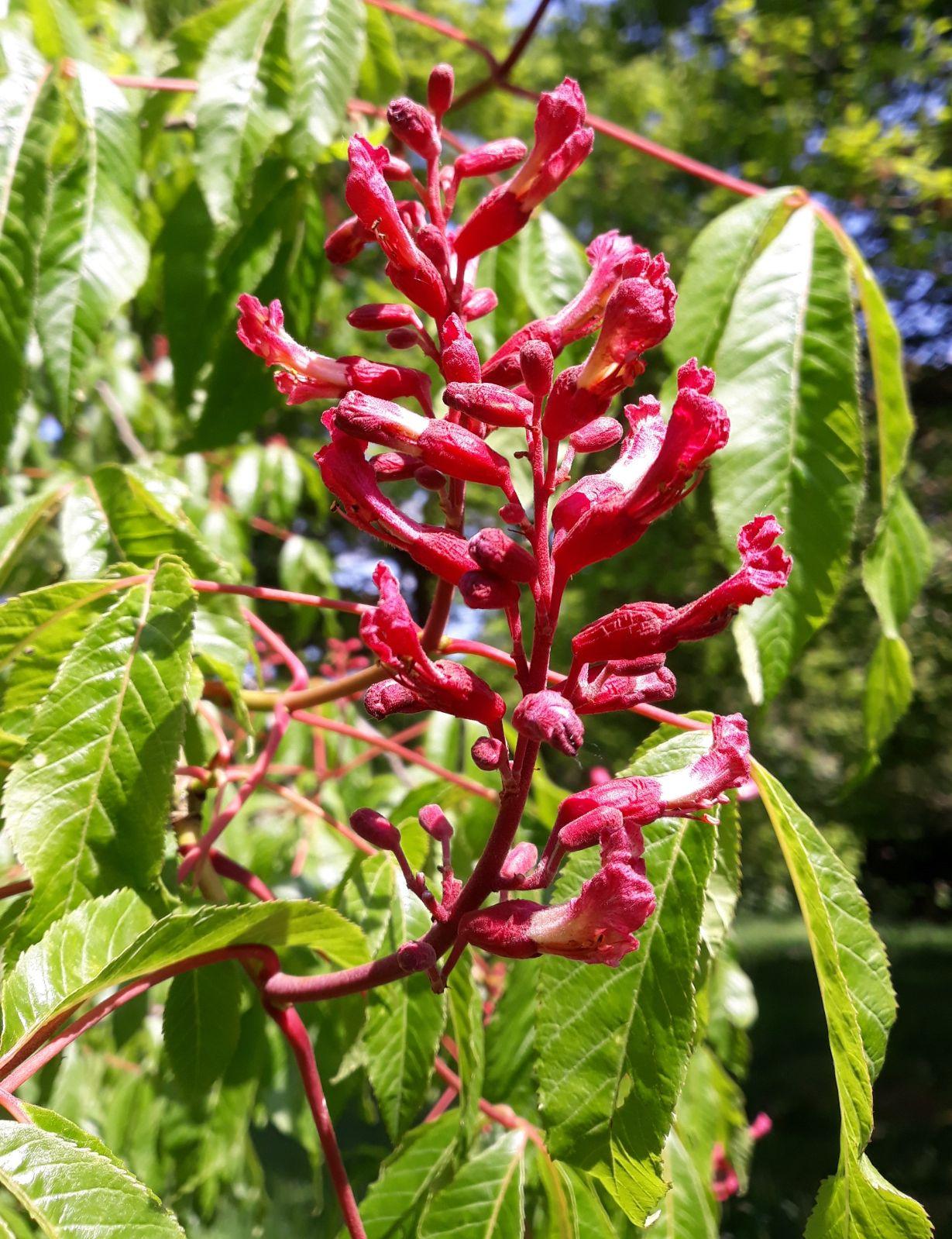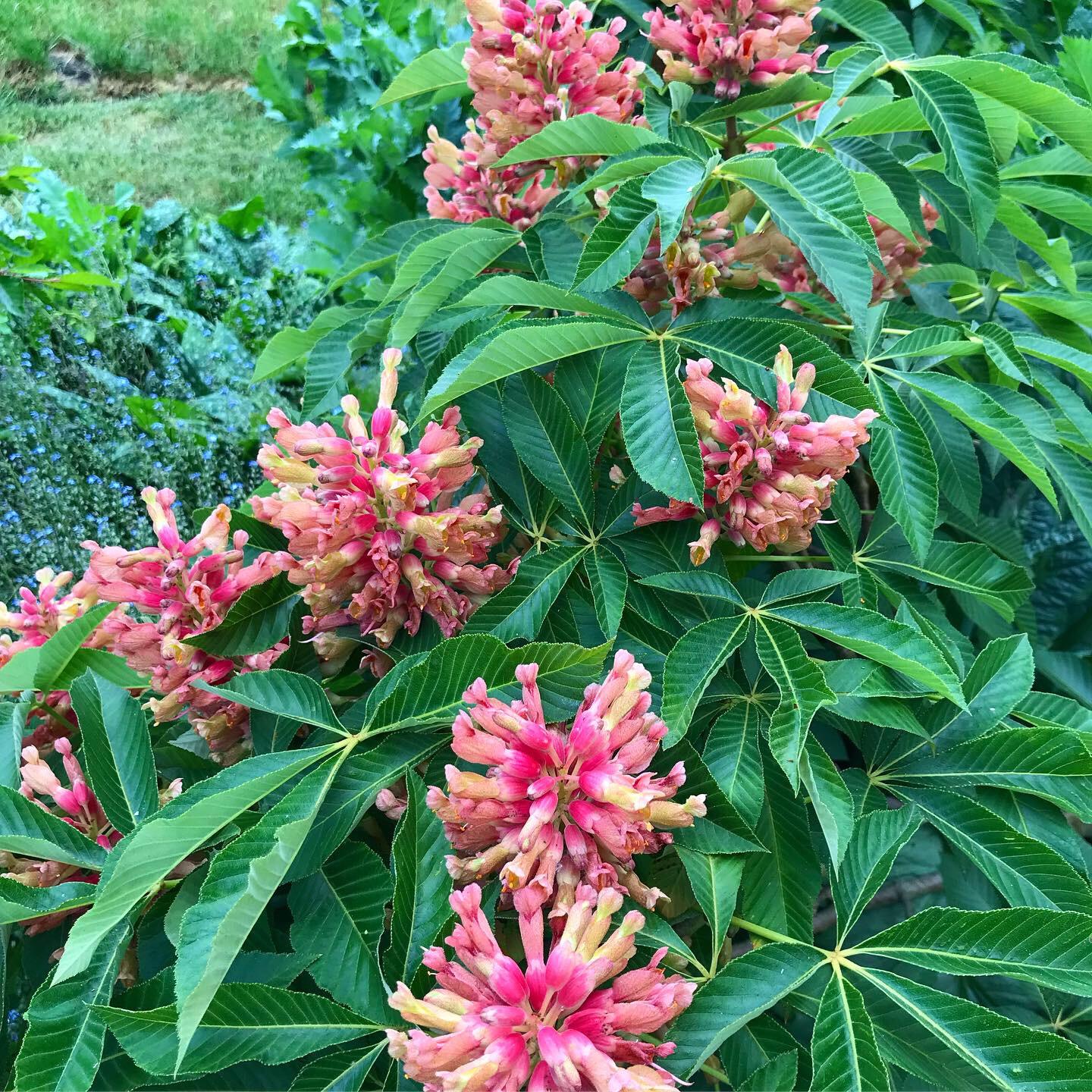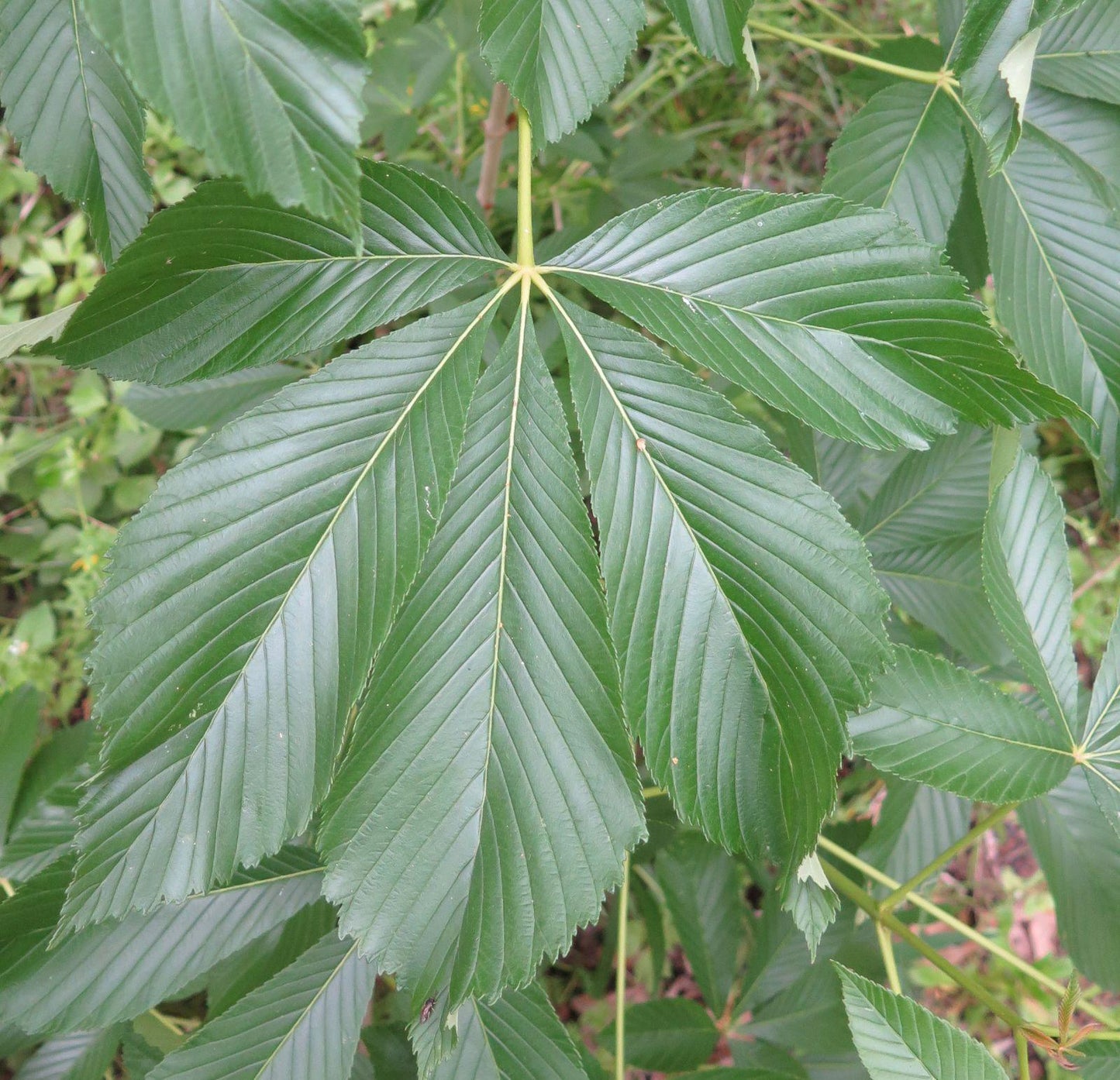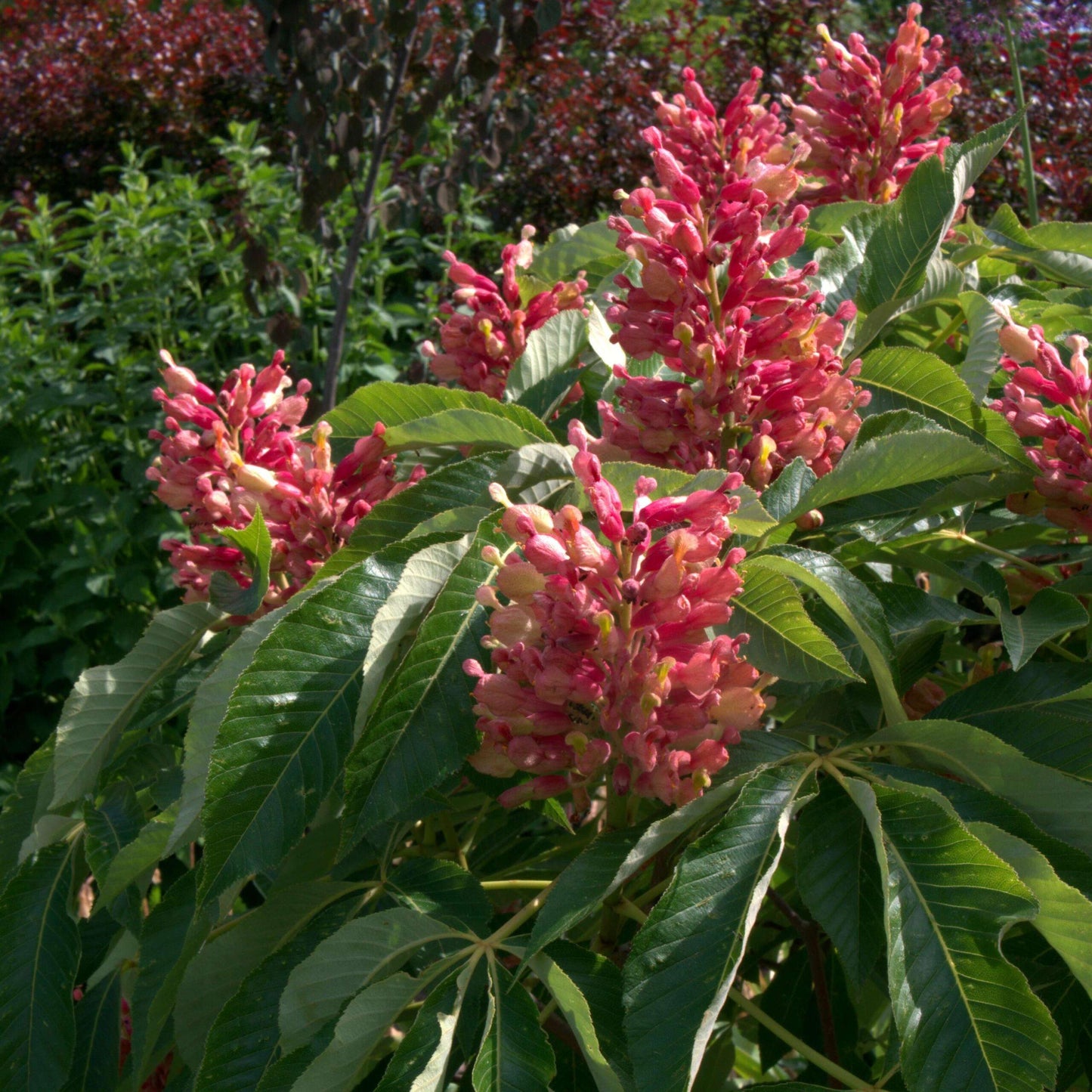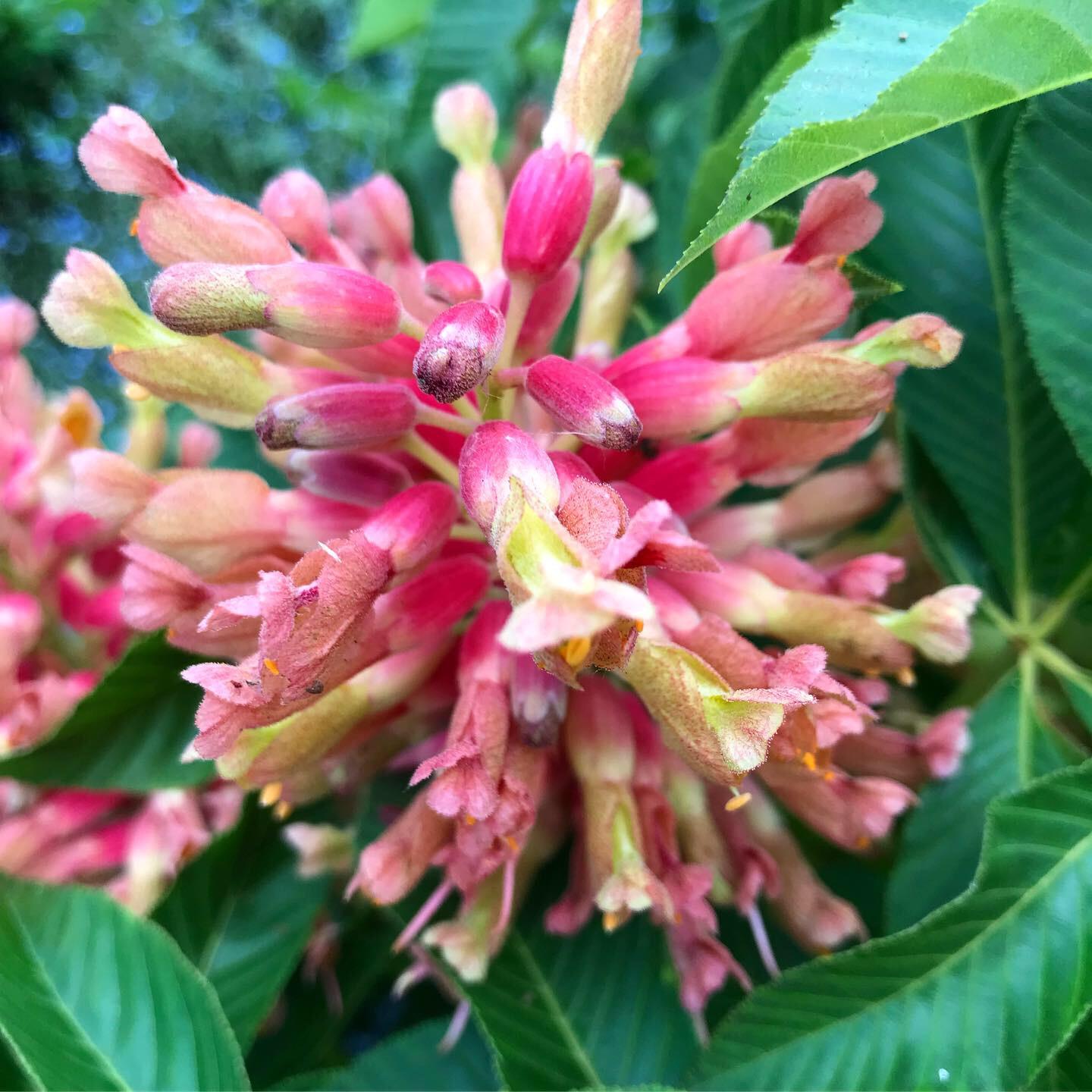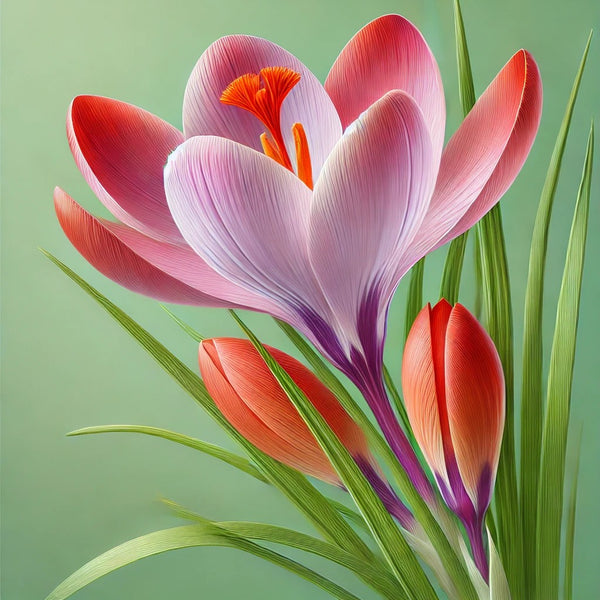1
/
of
19
Aesculus pavia-Red Buckeye-Attracts hummingbirds 4/5' h B&B
Aesculus pavia-Red Buckeye-Attracts hummingbirds 4/5' h B&B
Regular price
$1,600.00 USD
Regular price
$2,080.00 USD
Sale price
$1,600.00 USD
Unit price
/
per
Shipping calculated at checkout.
SKU:nsf5941-redcrocus
Couldn't load pickup availability
Aesculus pavia
Description
Aesculus pavia, commonly known as Red Buckeye, is a deciduous shrub or small tree native to the southeastern United States. It is prized for its striking red flowers that bloom in spring, attracting hummingbirds and other pollinators. The plant has a rounded form and can serve as an ornamental feature in gardens.
Suggested Uses
Red Buckeye is ideal for use in wildlife gardens, as a specimen plant, or in naturalized areas. It can also be used in mixed shrub borders and is suitable for planting near patios or decks where its vibrant flowers can be appreciated up close.
Plant Details
-
 Botanical Name: Aesculus pavia
Botanical Name: Aesculus pavia -
 Common Name: Red Buckeye
Common Name: Red Buckeye -
 Size & Growth: Typically grows 10-20 feet tall
Size & Growth: Typically grows 10-20 feet tall -
 Hardiness Zones: 4-8
Hardiness Zones: 4-8 -
 Foliage Type: Deciduous
Foliage Type: Deciduous -
 Bloom Time: Spring
Bloom Time: Spring -
 Growth Rate: Moderate
Growth Rate: Moderate -
 Light Requirements: Full sun to partial shade
Light Requirements: Full sun to partial shade -
 Attracts Pollinators: Yes, especially hummingbirds
Attracts Pollinators: Yes, especially hummingbirds -
 Indoor Friendly: No
Indoor Friendly: No -
 Container Friendly: Yes, when young
Container Friendly: Yes, when young -
 Deer Resistant: Yes
Deer Resistant: Yes -
 Pet Warning: Toxic if ingested
Pet Warning: Toxic if ingested -
 Fragrant: No
Fragrant: No -
 Cut Flower: Yes
Cut Flower: Yes -
 Grows Well With: Other native shrubs and perennials
Grows Well With: Other native shrubs and perennials
Care Tips
-
 Planting Instructions: Plant in spring or fall
Planting Instructions: Plant in spring or fall -
 Soil Moisture: Prefers moist, well-drained soil
Soil Moisture: Prefers moist, well-drained soil -
 Soil Type: Tolerates a range of soil types, including clay
Soil Type: Tolerates a range of soil types, including clay -
 Humidity: Moderate humidity preferred
Humidity: Moderate humidity preferred -
 Pruning Instructions: Prune after flowering to maintain shape
Pruning Instructions: Prune after flowering to maintain shape -
 Winter Care: Mulch to protect roots in colder zones
Winter Care: Mulch to protect roots in colder zones -
 Planting Depth: Plant at the same depth as in the nursery pot
Planting Depth: Plant at the same depth as in the nursery pot -
 Fertilization: Fertilize in early spring with a balanced fertilizer
Fertilization: Fertilize in early spring with a balanced fertilizer -
 Special Care: Protect young plants from late frosts
Special Care: Protect young plants from late frosts
Share
